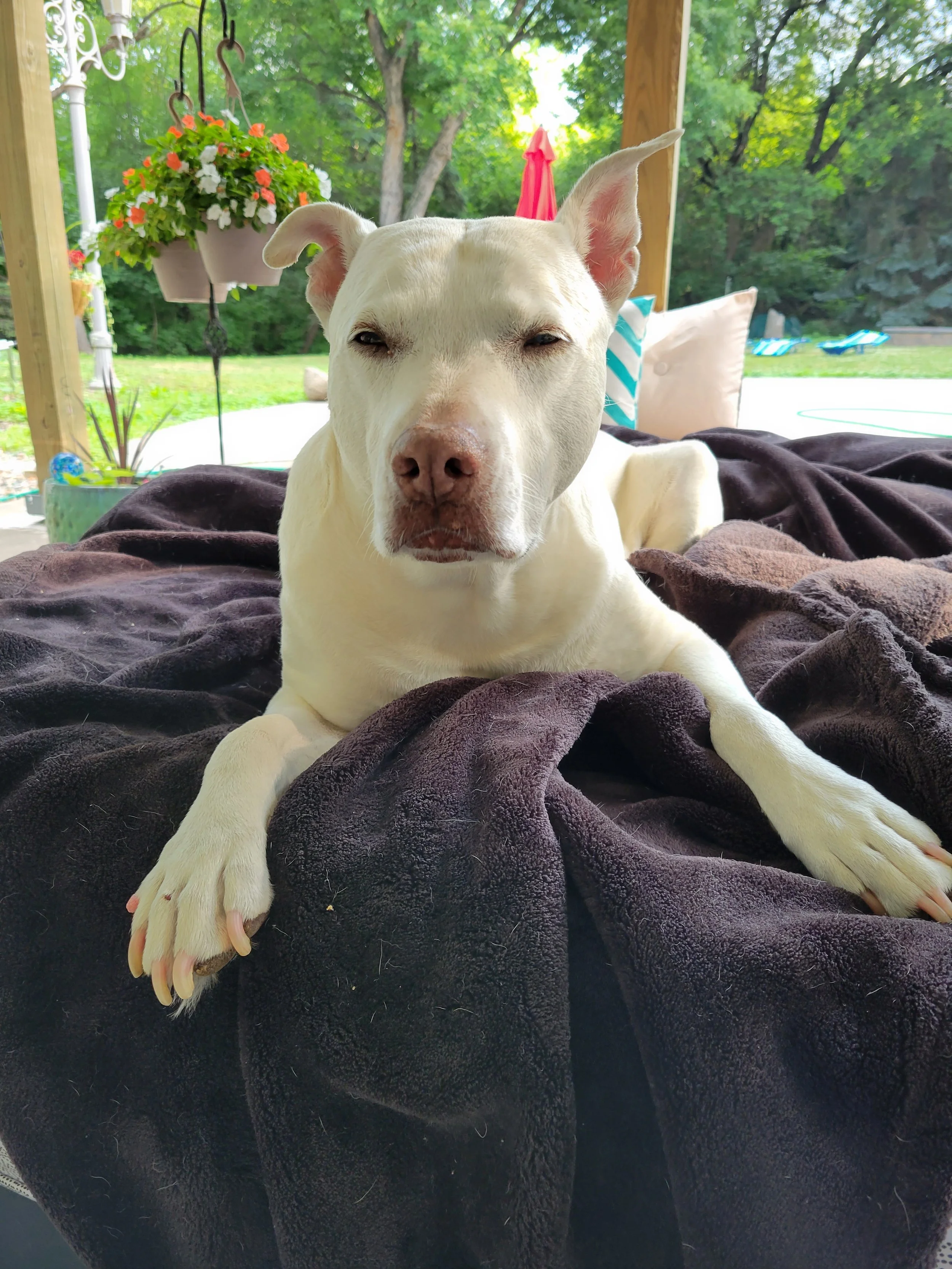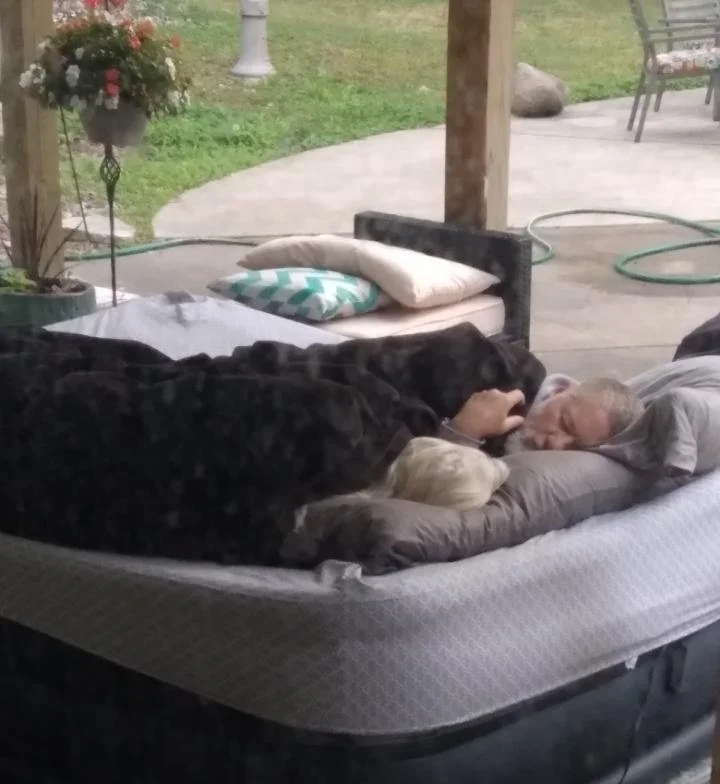“Play is often talked about as if it were a relief from serious learning. But for children, play is serious learning. Play is the work of childhood.” Fred Rogers
“Do you wanna play in the basement or draw and listen to records?” My older sister, Coco, said.
It was the Saturday afternoon question of my 1970s childhood, the first day of the weekend always looming large and brimming with possibilities. My single-digit-year-old mind flipped between the two options. In the first choice, our musty, unfinished basement morphed into the invented city of Winnebago. Coco and I lived full lives there.
Mom, who must’ve abandoned all hopes of a tidy house in favor of us acting out our make-believe lives downstairs, allowed us excessive freedom. We grabbed a hammer and nails and pounded up old sheets on the exposed framing, creating walls for our houses, school, post office, church, and newspaper office.
Coco invited me over for lunch. She was always poor and had many children. I went to her place, toting my one or two kids.
“Why do you pretend you’re poor when you could be rich?” I said, comparing her meager set-up to my own luxurious one, which meant I had a rug for my carpeting instead of the cement floor and a pillow on a milk crate for my couch instead of a bare stool.
“If I were rich, I’d have to get too many things for my house,” she said. And I knew there was a certain wisdom to her statement even though I didn’t choose her lifestyle.
We slurped from empty teacups and talked about the world and what we’d call our babies. I chose Evie, Opal, Sarai, and Mariah for my girls’ names, and I never had any boys. My husband’s phone calls interrupted our chats.
“Just get out the can opener,” I said to my fake man on the toy phone, “and use it to open the SpaghettiOs. Now heat them up.” He was always so helpless when it came to cooking.
We were perennially pregnant, Coco and I, strolling about town with doll clothes stuffed under our shirts. Soon enough we’d be writing birth announcements to share with the invisible others who lived there too.
When Coco wasn’t at home giving birth, she ran the Winnebago Gazette. It was a newsy and gossipy rag, a “fun was had by all” type of write-up, imitating the real smalltown papers of the day with their social columns. We hopped over to church for hymn sings and short sermons, Coco having pulled together an excellent bulletin to guide us. Next, we went to school because of course we did. We even had ancient primers, discards Dad had gotten at one library closing or another. We practiced our spelling because it was fun, and we worked math problems because we better, Coco’s worksheets sometimes stumping me.
My name was Caroline (pronounced like the one in Neil Diamond’s song) back in that city of Winnebago. I even smoked imaginary cigarettes while I was pretend pregnant, but Coco told me about the dangers in that, so I quit.
The lessons in the village abounded. We talked about Jesus and journalism, infrastructure and economics, lesson plans and meeting minutes, how to swaddle a baby and nurture a marriage. We didn’t know it then, but we solved the world’s problems—or at least our own—and we weren’t half bad at it. Real and made-up time passed in that magical world of ours.
And then Mom called us up for supper.
*Come back next week for the second installment of Play. We’ll draw and listen to records together then.
This is just a stock photo. Our dishes weren’t that fancy.
*Names in this blog have been changed to protect my family, neighbors, and friends in the neighborhood, and in a nod of appreciation to the beloved Swedish author Maj Lindman, I’ve renamed my three blondies Flicka, Ricka, and Dicka.

























